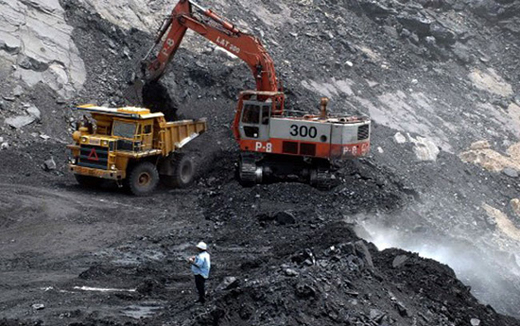
Coal scandal: Coincidence that politicians’ families benefitted- Supreme Court
Mangalore Today News Network
New Delhi Sep 14, 2012 : The coal scandal that has created a crisis for the government will now also play out in the Supreme Court.
The government has been given eight weeks to explain if it followed guidelines in allocating valuable coal fields to private firms. "Is it a coincidence that the relatives of politicians benefitted?" asked the judges, after accepting a Public Interest Litigation or PIL on the matter. The government objected to the petition, stating that the matter is being studied by Parliament’s accounts committee and that a court hearing would become a parallel investigation; however, its concerns were over-ruled by the judges who said the Centre owes an explanation on "the distribution of state property."

A report by the government’s auditor or CAG has concluded that the country lost upto Rs. 1.86 lakh crores between 2004 and 2009 because there was a lack of transparency in deciding who would get coal fields. The government has refuted the estimate; the opposition has seized it to demand the PM’s resignation. Investigations in the last few weeks have shown that a senior minister lobbied on behalf of his brother’s firm to get a coal block. The CBI has also found that some companies that lied about their financial and technical track record to corner coal blocks were linked to politicians and their families. In an attempt to counter some of the criticism hurtling its way, the government yesterday said that four coal permits were being cancelled because they were allotted to firms who failed to develop them on schedule. More cancellations are expected over the next few days.
The Supreme Court wants the Centre to explain the guidelines it framed to decide who would get coal blocks, and whether these were then implemented. The judges also want to know if the rules included any sort of safety check to ensure few private companies did not benefit unfairly. The government must also explain why it delayed the introduction of an auction or competitive bidding process to explain transparency.
The government has so far said that the coal blocks were given in close consultation with state governments and other stakeholders, and that at the time when they were assigned, the rules did not permit an auction. Several state governments - including some governed by the BJP - had on record objected to an auction, arguing that it would raise the prices of coal in their regions and curb industrial development.
Courtesy: NDTV